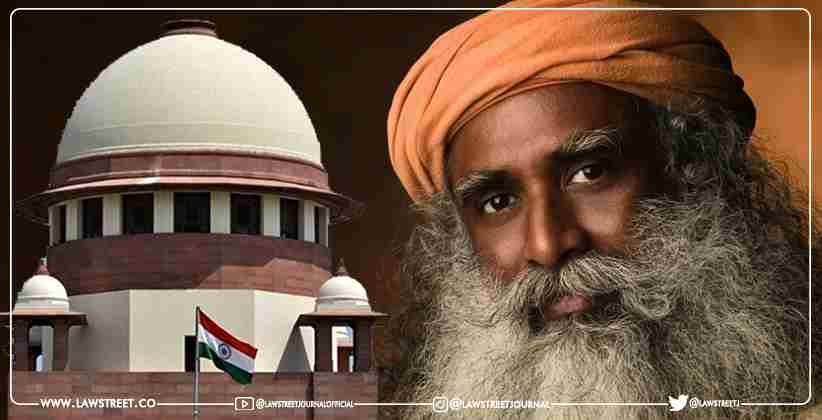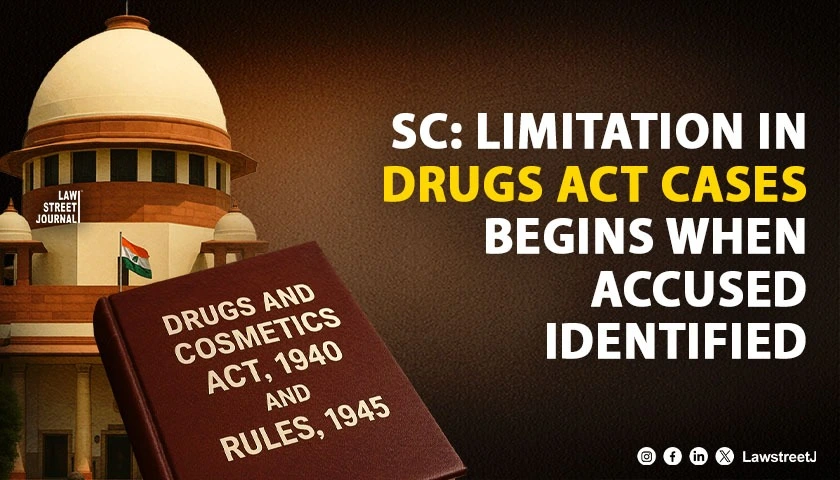The Supreme Court on Monday (July 7, 2021) refused to hear a petition filed by a man from Kerala, challenging the High Courts dismissal of his request to release his spiritual live-in partner. The man alleged that his partner had been illegally detained by her parents.
The petitioner is a doctor by profession who had renounced worldly life and separated from his wife and two daughters at the age of 42 and turned to spiritual practice on Vedanta Upanishad. He had first moved the Court in January 2021 when his live-in partner and Yoga Shishya, a 21-year-old woman, was forcefully taken from his custody by her parents against her will.
The plea was filed against the Kerala High Court verdict rejecting the spiritual gurus request to release his live-in partner. A Division Bench of Justice K Vinod Chandran and Justice MR Anita of the Kerala High Court dismissed his petition after expressing doubts about the decision-making capacity of the women. The High Court had also expressed doubts about the antecedents of the guru as were revealed by a preliminary policy inquiry.
The plea filed in the Supreme Court said that the Kerala High Court had erred in assessing the mental capacity of the girl based on their interaction with her, as the Mental Healthcare Act obligated them to refer the girl for medical examination.
Senior Advocate Gopal Shankaranarayanan argued that the Kerala High Court passed the order despite recording the statement of the woman wherein she had clearly stated that she was under illegal custody & said that she was subjected to physical violence, and she had expressed her intention to go with the petitioner, who is her spiritual live-in partner and acharya.
The bench, however, expressed disinclination to entertain the petition, highlighting the suspicious credentials of the petitioner.
This is not a matter where we can interfere. The girl is in a fragile state of mind. She is a 21-year-old. She does not know what she is doing. The man (spiritual guru) is married with two children. The mother of the petition also says she does not trust his son. He is also involved in a POCSO case. How can we give this girl to this man?, said CJI N V Ramana.
Justice Bopanna also referred to a recent PIL which highlighted the issue of spiritual gurus. There was a PIL where parents were concerned about such spiritual gurus. You also know the environment of some gurujis, the judge said.
In response, Senior Counsel Shankaranarayanan stated that the petitioner was only seeking to set the girl free from her parents illegal detention and not asking her to be allowed to join him. It was a question of the liberty of that woman, the Counsel added.
Citing the Britney Spears case, the Bench observed that in the US unless an adult gives consent, he/she cannot be given any kind of medical or physical treatment. Now the entire country is on the road because of that since a mentally unstable person cannot give consent, the Chief Justice said.
Britney Spears has been under the comprehensive conservatorship of her father, Jamie Spears, following her breakdown around 12 years ago. Recently, she requested to remove her father from conservatorship alleging abusive behavior on his part. Her testimony in the court became a topic of widespread discussions, leading to a #FreeBriteny campaign.
A person who is insane cant give consent. Which parent in India will say that their 21-year-old daughter is insane? Even nobody will say it when there is actually a mental health issue. In fact, the girl went to the Petitioner for treatment, and he started developing intimacy, the CJI added.
Justice Hrishikesh Roy agreeing to the observations made by Chief Justice Ramana noted that the facts are such and the antecedents of the petitioner are such that it does not inspire confidence.
Ultimately, the Bench proceeded to dispose of the petition by stating that it was not inclined to interfere with the High Courts judgment. The bench, however, clarified that the questions of law raised were left open. The Bench then proceeded to direct the Registrar General of the Kerala High Court to ask the concerned District Judge to interact with the girl and her parents after a month and send the report to the Supreme Court.
Taking into account peculiar facts & circumstances, we are not inclined to interfere with the matter. To satisfy ourselves, we request the Registrar of the High Court to take steps to produce the girl before the concerned District Judge after one month & the District Judge is directed to examine her and after interacting with her & her parents, the District Judge must send a report on the condition of the girl to be examined by this court.






